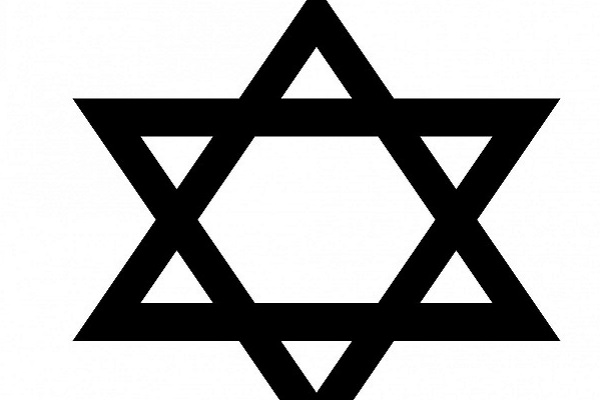
Disputes over the definition of who is Jewish in Israel.
What makes a person Jewish?
In Israel, this question has been traditionally answered by the Chief Rabbinate, ever since the country was officially founded in 1948. However, with the numbers of those formally converting to Judaism increasing, the new situation raises the matter of whether one is really Jewish or not. Only Orthodox conversions which are in compliance with Halakha, or Jewish law, are recognized by the Chief Rabbinate, leaving scores of other Jews out of the process – and left wondering as to their status.
Amit and Regina Goldstein adopted Lihi from an orphanage in Ukraine, but putting her through the Chief Rabbinate's official conversion process would have meant young Lihi would have to attend religious classes and conform to Jewish dietary laws, something that doesn't strike a chord with the Goldstein’s, who lead a secular lifestyle. If the Chief Rabbinate holds that Lihi is not Jewish, she would have to leave the country to get married – only Jews are allowed to marry in Israel – even to a Jew (marriages to Jews outside the country are recognized by the government), but her own children wouldn't be seen as Jewish. The Goldstein’s have legal standing as Jews because of their heritage.
I don't know if my own Jewishness would pass muster: Via @NPR: In Israel, A New Battle Over Who Qualifies As Jewish http://t.co/ctcJL8xw4Y
— Karen Sandler (@karensandlerYA) October 11, 2015
Ya'akov Lasri took the official route when he tried to get the state to recognize Galia, his Ukrainian wife who was born into a Catholic family and married him outside the country, as a Jew, but found the process less than encouraging. Those at his synagogue asked difficult questions, wondering when she was going to convert to Judaism. Little did they know they had been at it for over a year, only to be thwarted by Rabbis belonging to the Chief Rabbinate.
For both, Rabbi Dr. Seth Farber, an Orthodox Jew, offers an alternate route. While his organization ITIM ("Different Times") too follows Halakha, they do it in a less exclusive way, hoping to be more welcoming of those who want to convert to their religion. For Lihi, the final step in the conversion process involved dipping into a pool that is used for Jewish religious rites. The friendly Rabbis associated with ITIM only asked the cheerful seven-year-old to show them her knowledge of diving, while they asked Galia to say a prayer and quizzed her on her knowledge of the faith.
God, Who Is and What Makes a Jew Anyway? Disputes over who is a True Jew in Israel.[/tweetthis]
Over 50 conversions have been approved in the first six weeks of ITIM's operation, and Rabbi Dr. Seth Farber says that although these are not state-approved, his intention to increase the number of converts so that they eventually become too large to be discounted by the government.
The reason behind Rabbi Seth Farber setting up ITIM wasn't to help in a handful of cases such as these. Israel's Law of Return allows anyone whose grandparent is Jewish to come in to the country and settle. But approximately 350,000 of those who emigrated from the former Soviet Union after its collapse now find themselves Israeli citizens, but not officially recognized as Jews owing to the Chief Rabbinate's rules. It is this demographic that Rabbi Farber has in mind, with the grand aim of assimilating all Jewish people into one society.
